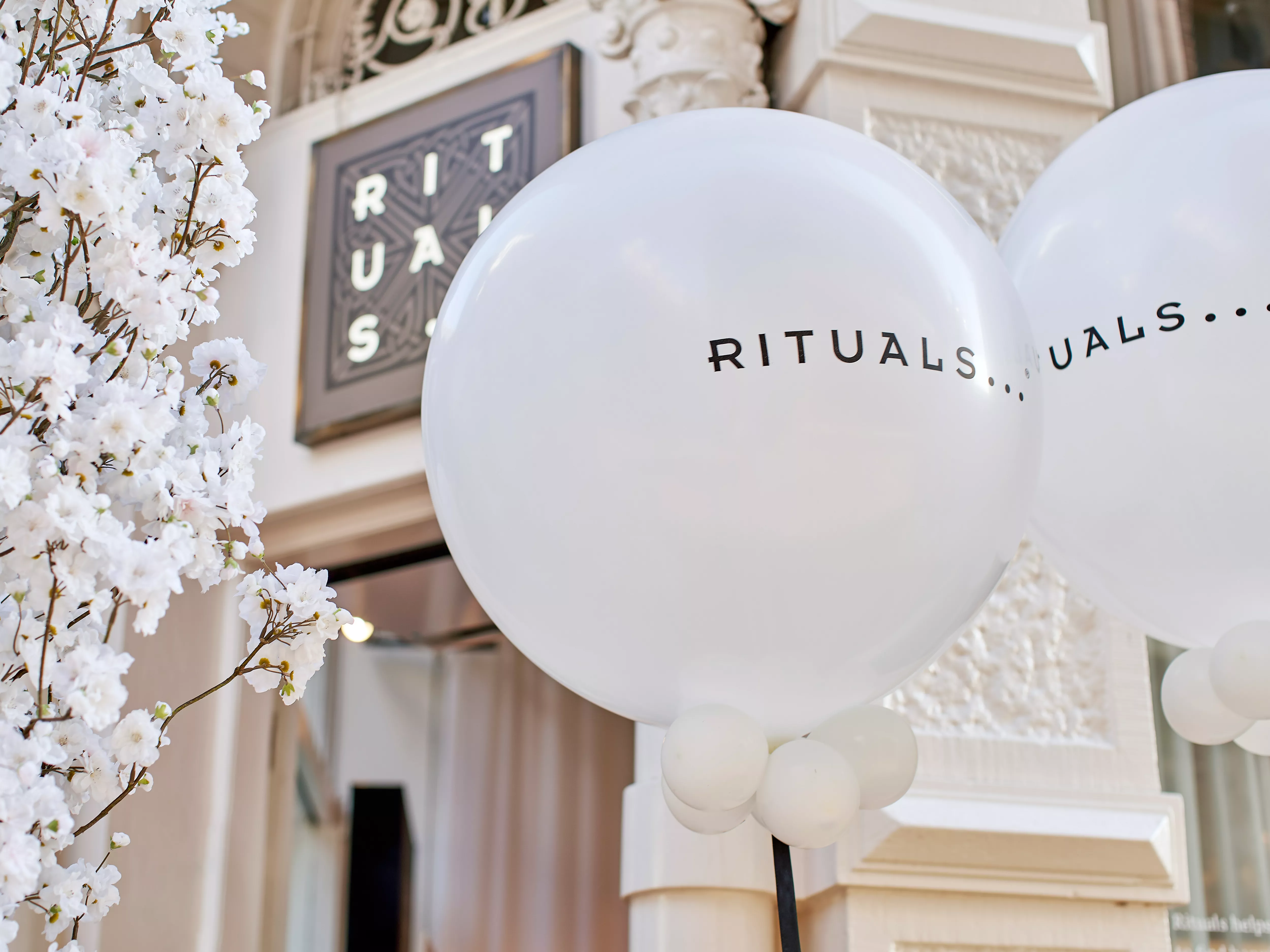Our Hong Kong website closed on December 5th 2024. Come visit our local stores in the region.

Discover the magic of Rituals
Visit our stores in Hong Kong
Rituals is a luxury wellbeing brand that has been transforming everyday routines into meaningful moments. Visit our iconic stores in the heart of Hong Kong to discover our celebrated body, home fragrance and beauty products.

Explore one of our Premium Stores
Enjoy discovering our cosmetics and home fragrances with personal guidance from our experts.
Most Asked Questions
Why can't I log in to my account?
Starting December 5th, 2024, our website and online webstore are out of service. This will make your account inaccessible. If you have questions regarding your account or your order, please don't hesitate to contact our Customer Relations team.
How can I return my order?
You can return your order within 90 days from the date you received the products. Please contact our Customer Relations team for assistance if you would like to return your order.
Do I have to return my gift as well?
Have you received a gift with your order and are you returning the entire purchase? Then we would also like you to return your gift with your return shipment. If you wish to keep this, we will deduct the purchase amount of your gift from the amount to be returned.
What are the opening times for the stores?
Store details can be found here.
How can I contact the Customer Relations team?
Our Customer Relations team can be reached through the following channels: +31 (0) 20 2415948 / service@rituals.com / Messenger / WhatsApp
All rights reserved © 2024 Rituals Cosmetics B.V. Privacy Policy | General Terms and Conditions